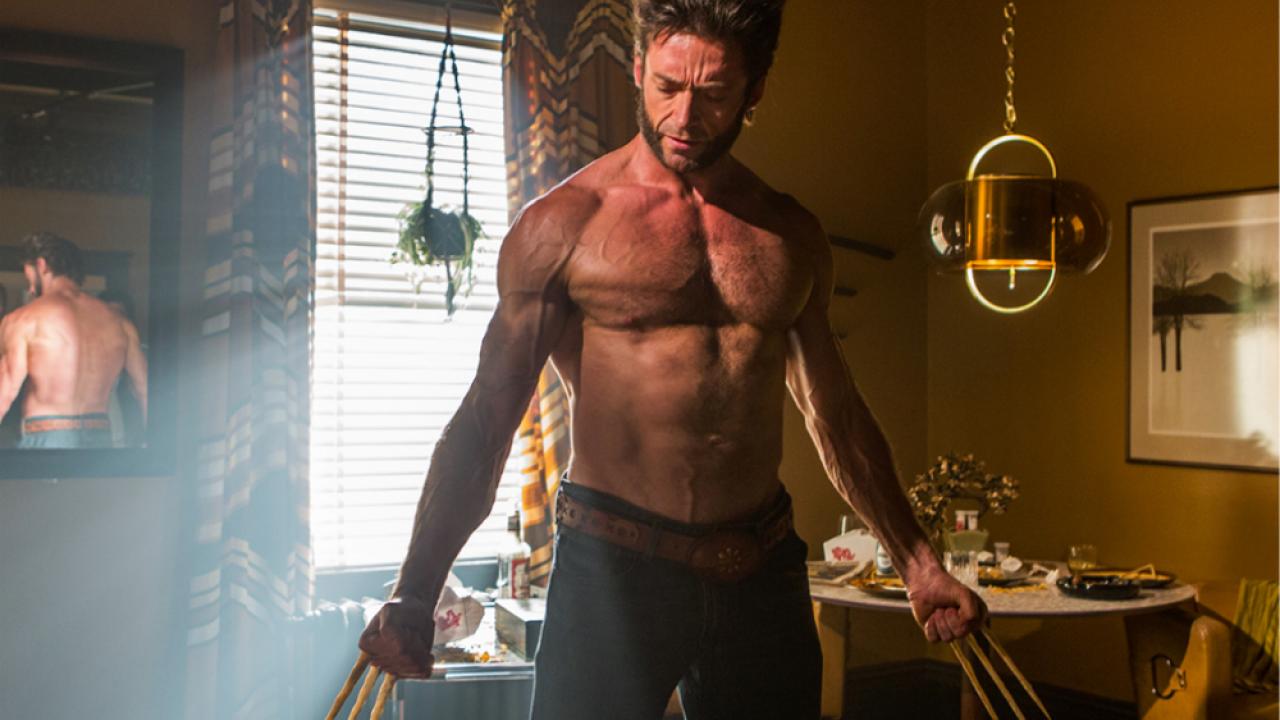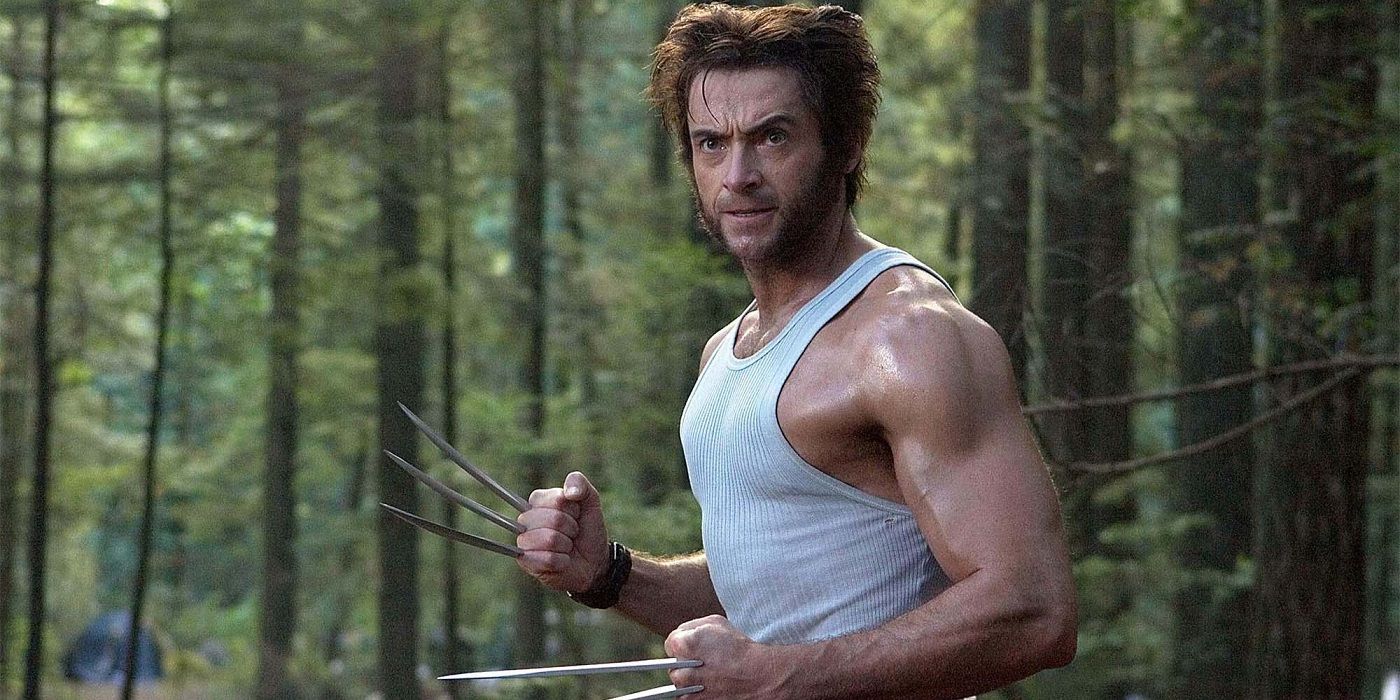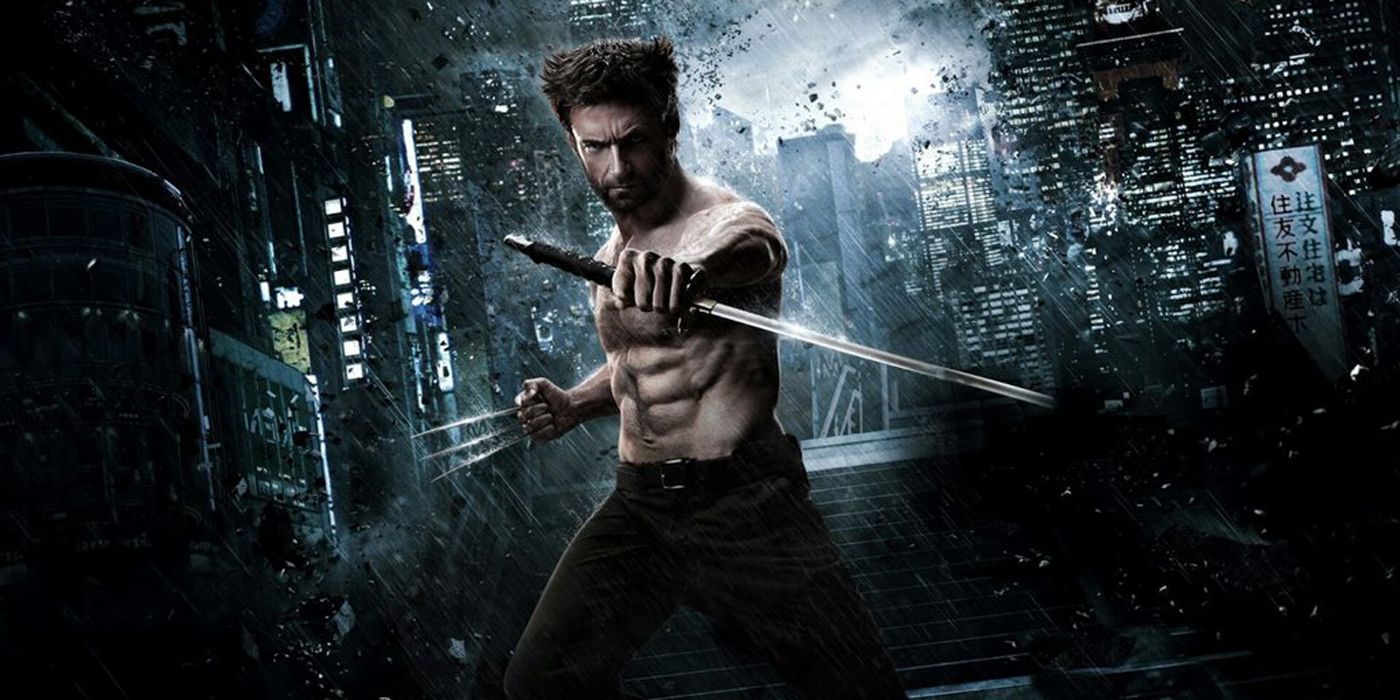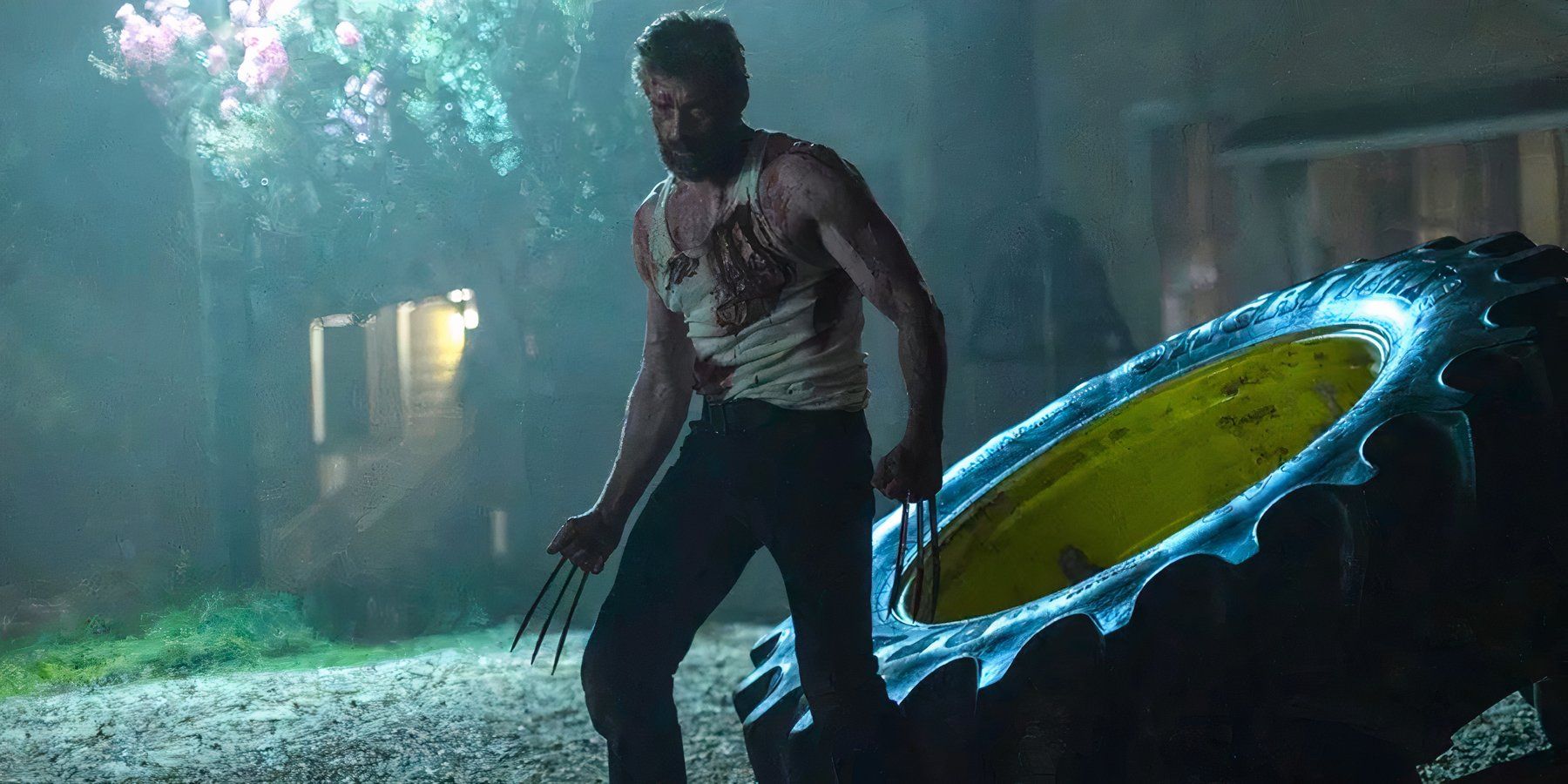In a year packed with sequels and reboots, Hector comes crashing through the noise like a hammer to glass. With Hugh Jackman in the lead, this hard-hitting thriller dives deep into themes of justice, fatherhood, and what a man becomes when his soul is pushed to the brink. Stylishly directed by up-and-comer Alex Romero, Hector is an emotional sledgehammer wrapped in vicious action.
Hector Kane (Jackman) is a retired military intelligence officer living in quiet exile in rural Spain, trying to make peace with a life steeped in blood and betrayal. His world is simple: he tends to a vineyard, writes letters to a daughter he’s never met, and pretends the past isn’t catching up.
But when his estranged brother is murdered under suspicious circumstances, and his 17-year-old niece is kidnapped by a multinational criminal cartel, Hector is pulled back into a world he vowed never to touch again.
What begins as a rescue mission becomes something deeper—and darker. As Hector unravels the conspiracy surrounding his brother’s death, he’s forced to confront the ghosts of old missions gone wrong, and a powerful syndicate that once considered him their most lethal asset.
Jackman is no stranger to rage-fueled roles (Logan, Prisoners), but in Hector, he gives one of the rawest performances of his career. He’s a man whose violence isn’t driven by ego, but by loss. His face bears the weight of wars—foreign and personal. Every punch, every decision, is haunted by what he's trying to protect, and what he already failed to.
This isn’t your average invincible action hero. Hector is injured, aging, outnumbered—but relentless. His mind is a weapon as sharp as any blade, and his emotional volatility gives the film a constant undercurrent of unpredictability.
-
Tessa Thompson delivers a stunning performance as Maya, an Interpol analyst with her own vendetta against the cartel. She and Hector share a prickly alliance that evolves into mutual respect—and shared trauma.
-
Giancarlo Esposito brings icy menace as Victor Rojas, the cartel’s architect and a man who believes in order through fear. Calm, cultured, and chilling, Rojas is the perfect foil to Hector’s firestorm.
-
Jacob Elordi, as Hector’s kidnapped niece’s boyfriend, adds unexpected heart and youth to the mission. He’s not a fighter, but he’s willing to bleed for love.
This mix of experience, pain, and desperation gives the film its emotional core, making the violence feel not just earned—but meaningful.
From narrow alley brawls in Lisbon to a harrowing ambush in an abandoned oil refinery, the action in Hector is tight, physical, and unforgiving. No over-the-top slow-motion. No cartoonish explosions. Just bone-breaking realism, shot with handheld intimacy.
Director Alex Romero opts for long takes and practical effects, making every punch land like thunder. The choreography is brutal but smart—Hector uses his surroundings, adapts, and bleeds. By the time the final sequence rolls in—an all-out siege in the snowy Pyrenees—you feel every mile he’s crawled to get there.
At its core, Hector is about fathers and daughters. About men who carry the weight of violence and the illusion of control. Hector isn’t chasing revenge for ego—he’s chasing redemption for a family he barely knows. His war is personal, not patriotic.

The film poses questions about the nature of justice when the law fails. Is violence ever justified when it's the only language understood? Can a man who was once a weapon ever become something more?
Romero doesn’t offer easy answers. Instead, Hector sits in the discomfort of moral ambiguity. The villains are convincing. The institutions are complicit. And even Hector wonders, in one sobering scene, if saving his niece means losing whatever goodness he has left.
The film’s sound design is stark and restrained. Composer Daniel Hart leans into cello-heavy motifs and minimalist piano riffs to underscore Hector’s quiet anguish. Silence plays as big a role as music—amplifying tension, breath, and despair in key moments.

Cinematographer Rina Han captures Europe’s decaying beauty—sunset-colored villages, shadow-laced corridors, and flickers of warmth amid the cold. The film’s look is just as moody and broken as its protagonist.
Hector is not just another action flick—it’s an emotional war story with blood on its hands and purpose in its soul. It proves Hugh Jackman still has fire in his belly, and that even the most haunted men can still choose to fight for something pure.
Whether you're in it for the bone-cracking fight scenes, the haunting drama, or the raw, unfiltered performances—Hector delivers. It's a reminder that sometimes the most dangerous man in the room is the one trying hardest not to fight.





-1750907216-q80.webp)